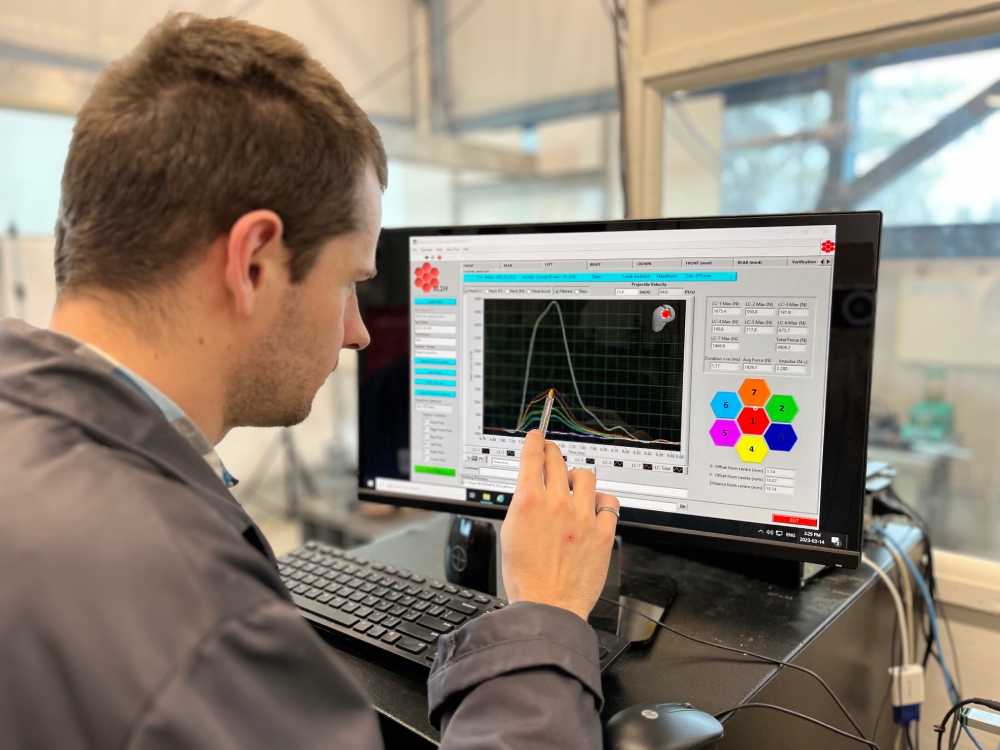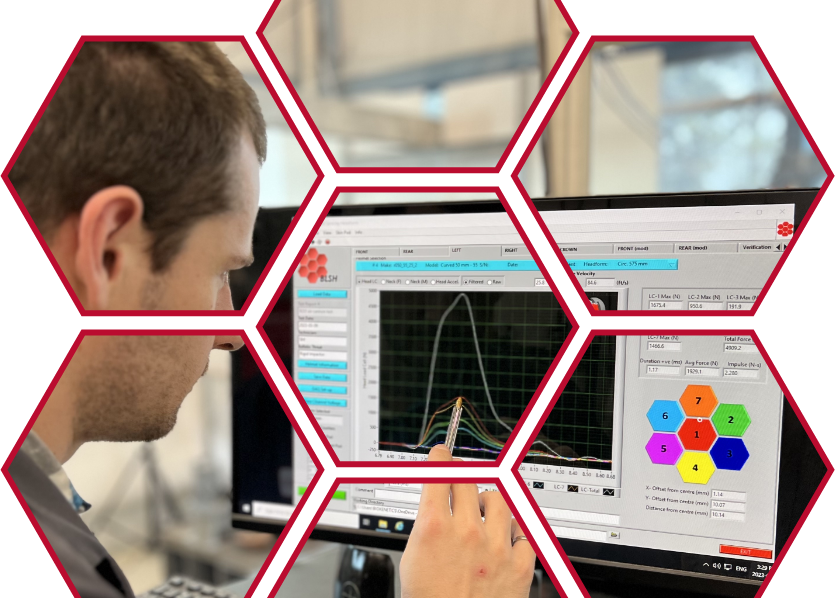
When it comes to ensuring safety and injury prevention within the armour industry, as well as sectors that utilize such tools for various applications, ballistic testing is an essential tool for assessing projectile potential. Whether testing from a military or law enforcement perspective to forensics and even the private sector, ballistic testing provides valuable information that allows for a better understanding of the inherent risk associated with the use of specific weaponry and ammunition styles. Below, we’ll take a closer look at four key aspects that are commonly evaluated by ballistics testing and the importance they have in establishing a foundation of safety moving forward. Read on to learn more!
Trajectory Analysis
Trajectory analysis is vital for ensuring safe shooting practices and understanding the direct, as well as collateral damage from an impact. Ballistic resistance testing enables users to analyze factors such as initial velocity, bullet drop, wind drift, and ballistic coefficients, helping them predict the bullet’s flight path with precision. Ballistic testing software allows shooters to predict a projectile’s flight path accurately for optimal performance, while also lowering the risk of unintended drift and subsequent damages caused by stray bullets.
Penetration
The terminal performance of a bullet upon impact is critical in terms of safety and injury prevention. Terminal performance dictates the final energy upon impact, which differs greatly depending on a wide variety of factors, including calibre, powder, cartridge, environmental conditions, etc. The information garnered from ballistic testing provides valuable insight into key details like penetration depth, expansion, fragmentation, and energy distribution. In order to guarantee safety as well as performance, it is crucial to choose the right projectiles (as well as the right firing device), the information gathered from thorough testing is essential.
Ballistic Gelatin Testing
Alongside the investigation of projectile trajectory and penetration analysis, gelatin testing allows testers to replicate the effects of impact on human tissue. Ballistic testing software plays a crucial role in analyzing deformation, penetration, and wound channels in such a manner that aids forensic experts, law enforcement, and medical professionals in their understanding of potential injuries, as well as the severity of harm caused by different projectiles. By gaining a comprehensive understanding of bullet performance, appropriate safety measures can be developed to minimize harm and maximize survivability.
Ballistic Caliber Comparisons
Caliber and bullet type are two additional variables that factor into armour performance. Ballistic testing allows for the comprehensive analysis of the difference between various calibers by considering key details like muzzle velocity, bullet weight, energy, and trajectory. The information garnered makes it easier to reduce risk and optimize performance regardless of the application at hand.
Ballistic Testing and More at Biokinetics
At Biokinetics we know that rigorous testing and evaluation are essential when it comes to promoting a culture and the practice of safety and prevention. For over 45 years, we’ve partnered with industry leaders across North America to evaluate various aspects of ballistic testing in our fully equipped laboratory. Our testing procedures adhere to industry standard specifications and can be tailored to meet the specific needs of your exact applications. Biokinetics is proud to offer industry-leading expertise and a dedication to results that you can trust when it matters most.
Contact us today to learn more about how Biokinetics can bolster your safety equipment with utmost confidence.
Contact us today to learn more!

